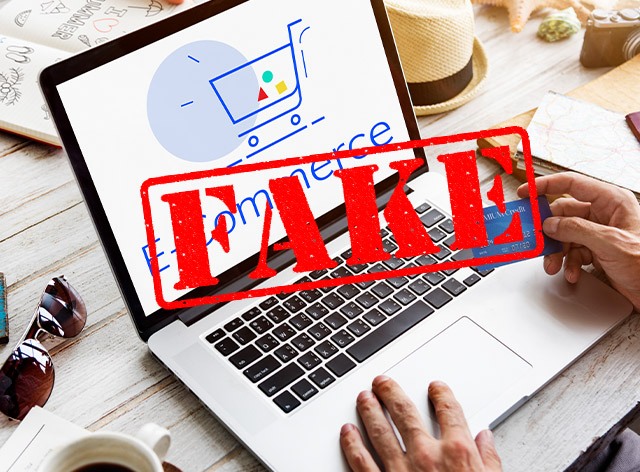Six cyber gang members who allegedly established bogus websites for D-Mart, Big Basket, and Big Bazaar were recently apprehended by Noida Police.

These cybercriminals used them to offer customers fictitious discounts and deals, and they duped individuals into making purchases and paying online through these bogus websites.
The Report
According to a PTI report, this cyber gang exploited bogus websites to offer discounted or low-cost products to naive clients. Scammers collected the buyers’ credit/debit card information and used it to fraudulently withdraw money from their bank accounts if they attempted to order through these websites and pay online.
Additional DCP (Central Noida) Rajeev Dixit said, “On April 3, the cyber helpline team of Gautam Buddh Nagar police arrested the six members of the gang which created fraudulent websites in the name of companies like Big Bazaar, D-Mart, Big Basket and duped crores of rupees from people.”
The report reveals that the members of this cyber gang are from Ghaziabad and Gautam Buddh Nagar. They have misled people not only from the Delhi NCR area, but from all around the country.
Also Read: Know All About The Fake Vaccine Registration Scam Of India
The arrested individuals have been identified as Vineet Kumar, Dhruv Solanki, Gaurav Talan, Salman Khan, Santosh Maurya and Manoj Maurya. The police have seized three laptops, four mobile phones, two debit cards, Rs. 11,700 in cash and a Hyundai i10 from the gang.
Charges Against Them
The police have filed charges against the accused at the Bisrakh police station under Indian Penal Code sections 420 (cheating), 406 (criminal breach of trust), and related Information Technology Act regulations.
How To Stay Safe?
Fraudsters may slightly alter a URL name or change the domain extension. They might, for example, use amaz0n.com instead of amazon.com or amazon.org instead of amazon.com.
Look for the padlock to the left of the URL in the address bar when visiting a website. This padlock denotes that the site is protected by a TLS/SSL certificate, which encrypts data transmitted between the user and the website.
If an offer appears to be too good to be true, it most likely is. When you come across deals that are unrealistic, proceed with caution. Read some internet reviews and look for reports of scammers before making a purchase or supplying personal information.
Image Credits: Google Images
Feature image designed by Saudamini Seth
Sources: India Today, Gadgets Now, Business Standard
Find the blogger: Palak Dogra
This post is tagged under: scam, scammers, fake websites, fake e-commerce websites, technology, fraud, online scams
Disclaimer: We do not hold any right, copyright over any of the images used, these have been taken from Google. In case of credits or removal, the owner may kindly mail us.
Other Recommendations:
Here’s How Instagram Is Fighting Fake News With Its New Flagging Tool